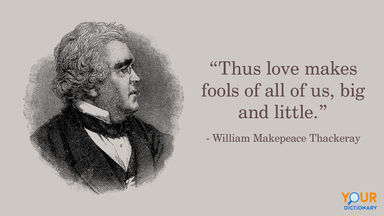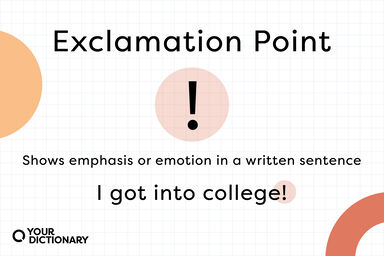Dare Definition
- measure swords with
- face-the-music
- beard-the-lion-in-his-den
- bell-the-cat
- look full in the face
- call one's bluff
- show fight
- outbrave
- outbrazen
- throw-down-the-gauntlet
- face-up-to
- stand-up-to
- square-off
- offer defiance to
- laugh at
A small fish, the dace.
- to think likely; suppose
I dare say you're right
Idioms, Phrasal Verbs Related to Dare
Origin of Dare
-
Middle English daren from Old English dearr first and third person sing. present indicative of durran to venture, dare dhers- in Indo-European roots
From American Heritage Dictionary of the English Language, 5th Edition
-
From Old English durran, from Proto-Germanic *durzaną, from Proto-Indo-European. Cognate with Ancient Greek θαρσεῖν (tharsein), Lithuanian drįsti.
From Wiktionary
-
Old English darian.
From Wiktionary
Find Similar Words
Find similar words to dare using the buttons below.





